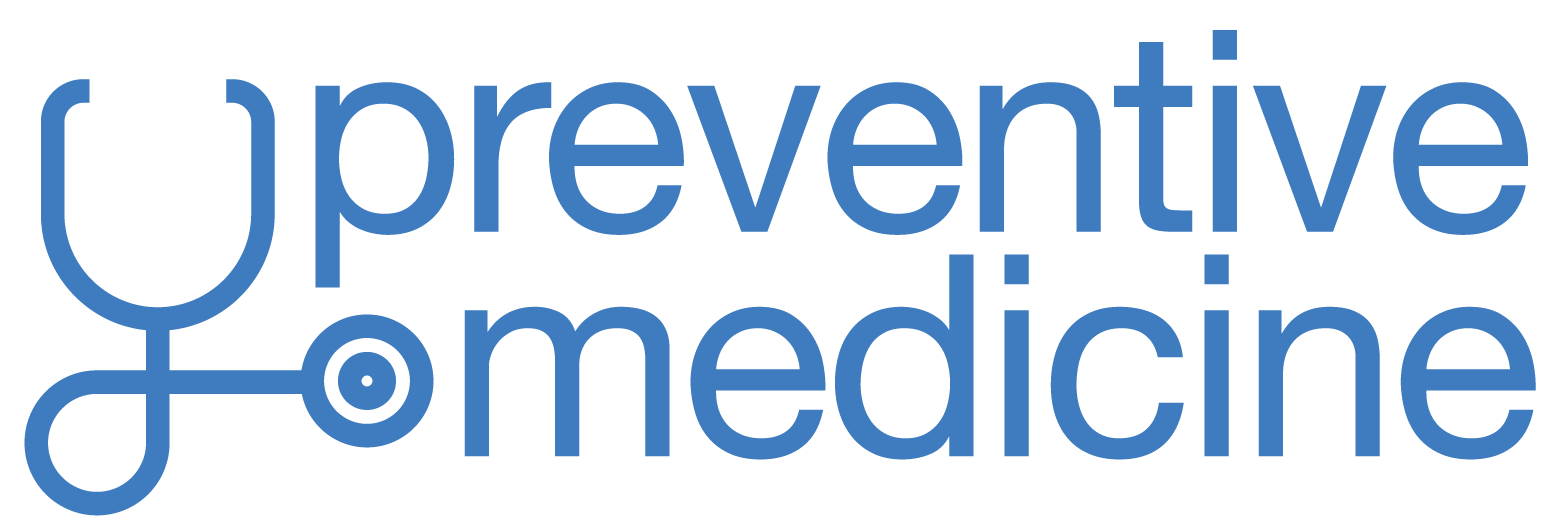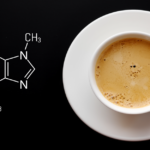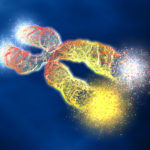New preliminary research has potentially uncovered the reasoning for coffee being linked to a variety of health benefits. We have known for a while that coffee is connected to different health benefits including lowering blood sugar, better liver health, and sharper memory function [4]. Previous studies were merely observational, relying on correlation instead of causation when linking coffee consumption to various health benefits. Collectively this study indicates that coffee consumption is associated with differential DNA methylation levels at multiple Cytosine-Phosphate Guanine (CpGs) sites [6].
To date, this study is the largest epigenome-wide associated study (EWAS) meta-analysis of coffee consumption. The research utilized more than 15,000 participants from the following cohorts while controlling for other factors that could influence peoples’ genes (table 1). It looked at coffee consumption’s connection with several epigenetic markers, potentially explaining the mechanism of action for coffee consumption’s capacity to confer disease risk [6].

Coffee as a source for Complex Chemical Compounds
Coffee is a source of complex compounds, the most well known is caffeine (figure 1). Belonging to the methylxanthines family, caffeine is found to be a central nervous system stimulant. The methylxanthines drug class is composed of ingestible-pharmacologically active substances, most of which are illegal, unlike caffeine, making it a unique compound of interest to study [6].
Polyphenols, which are micronutrients associated with providing health benefits, naturally occurring in coffee, have the potential to connect DNA methylation and cardiovascular disease. There has been an ongoing debate on whether coffee is benefiting or harming the overall health of its consumers. Given the presence of compounds and the correlation between coffee consumption and disease risk, there is a definite need to investigate the mechanisms underlying the association of coffee consumption with disease risk [6].
Coffee consumption’s association with Liver Function
Chronic liver diseases are a major health problem, most cases of individuals with chronic liver disease will usually go unnoticed until cirrhosis develops. Lifestyle is very important for the pathogenesis of many liver diseases; examples are alcohol abuse in alcoholic liver disease and high-calorie diets coupled with low activity in non-alcoholic fatty-liver disease (NAFLD). It is known that a healthy lifestyle consisting of a balanced diet can prevent and attenuate liver disease [1]. So what is coffee’s role in combating liver disease?
There is a well-established association between coffee consumption and liver function, the link was noted for the first time over twenty years ago. Several studies have shown an inverse association between coffee consumption and liver enzymes [3]. Frequent coffee consumption has been inversely correlated with liver stiffness (figure 1), finding that coffee consumers had lower odds for increased liver stiffness measurement (LSM). This 2017 study made it evident that there are clear linkages between coffee consumption and liver disease, but the mechanism for why coffee promotes liver health was unclear. Consideration of coffee’s role in altering the DNA methylation was prompted for further investigation.

Coffee and DNA Methylation
Epigenetics affects how cells read genes, it is the heritable changes in gene expression that don’t involve changes in the underlying DNA sequence. DNA methylation is the most well known epigenetic mechanism where a methyl group (-CH3) is added or removed to the cytosine nucleotide followed by a guanine nucleotide in the DNA sequence known as CpG, this results in altered gene expression. By exploring the causal effect of coffee consumption on recognized CpGs and their varying health outcomes, this recent preliminary study affirms that coffee consumption alters individuals’ gene expression [6].
The study identified five of the 11 identified CpGs to be positively associated with coffee consumption. Notably, this study was the first to signify a link between coffee consumption and the FLJ43663 and HDAC4 genes. Recent studies have reported FLJ43663 gene polymorphisms were associated as a risk factor for Behcet’s disease [5] and breast cancer [8]. The other notable gene association is with PHGDH. Methylation-gene association between the PHGDH methylation site, cg14476101, has been expressed in the blood and liver. This CpG site has been negatively associated with levels of liver enzymes in serum and the risk of NAFLD [7]. These findings could help explain the link between coffee consumption and liver function, via altering the DNA methylation levels of cg14476101.
The genes annotated to certain CpGs in this study have plausible significance in pathways underlying coffee metabolism and have been linked to certain disease risks. These new findings are promising for providing novel insight toward the mechanisms of coffee consumption in conferring disease risk.
References
- Alferink, L. J. M., Fittipaldi, J., Kiefte-de Jong, J. C., Taimr, P., Hansen, B. E., Metselaar, H. J., … Darwish Murad, S. (2017). Coffee and herbal tea consumption is associated with lower liver stiffness in the general population: The Rotterdam study. Journal of Hepatology, 67(2), 339–348. https://doi.org/10.1016/j.jhep.2017.03.013. https://sci-hub.tw/https://www.journal-of-hepatology.eu/article/S0168-8278(17)30147-2/fulltext
- Bakuradze, T., Lang, R., Hofmann, T., Schipp, D., Galan, J., Eisenbrand, G., & Richling, E. (2016). Coffee consumption rapidly reduces background DNA strand breaks in healthy humans: Results of a short-term repeated uptake intervention study. Molecular Nutrition & Food Research, 60(3), 682–686. https://doi.org/10.1002/mnfr.201500668. https://sci-hub.tw/https://onlinelibrary.wiley.com/doi/full/10.1002/mnfr.201500668#accessDenialLayout
- Casiglia, E., Spolaore, P., Inocchio, G. & Ambrosio, B. (1993) Unexpected effects of coffee consumption on liver enzymes. European journal of epidemiology 9, 293-297. https://doi.org/10.1007/BF00146266. https://sci-hub.tw/https://doi.org/10.1007/BF00146266
- DiSalvo, D. (2020, May 3). Here’s Some Good News About The Coffee You’re Drinking During The Coronavirus Lockdown And Your Health. Retrieved from https://www.forbes.com/sites/daviddisalvo/2020/04/30/heres-some-good-news-about-the-coffee-youre-drinking-during-the-coronavirus-lockdown-and-your-health/#68ff81207c62
- Huang, Y., Tan, H., Cao, Q., Yuan, G., Su, G., & Yang, P. (2019). Different Methylation of CpG-SNPs in Behcet’s Disease. BioMed research international, 2019, 3489305. https://doi.org/10.1155/2019/3489305. https://www.ncbi.nlm.nih.gov/pubmed/30863869
- Karabegovic, I., Portilla, E., Li, Y., Ma, J., Maas, S., Sun, D., … Ghanbari, M. (2020). Epigenome-wide association meta-analysis of DNA methylation with coffee and tea consumption. https://doi.org/10.1101/2020.04.15.042267. https://www.biorxiv.org/content/10.1101/2020.04.15.042267v1
- Nano, J. et al. (2017) Epigenome-Wide Association Study Identifies Methylation Sites Associated With Liver Enzymes and Hepatic Steatosis. Gastroenterology 153, 1096-+, 10.1053/j.gastro.2017.06.003. https://www.ncbi.nlm.nih.gov/pubmed/28624579
- Xia, P. et al. Polymorphisms in ESR1 and FLJ43663 are associated with breast cancer risk in the Han population. Tumor Biology 35, 2187-2190 (2014) https://link.springer.com/article/10.1007/s13277-013-1289-7




